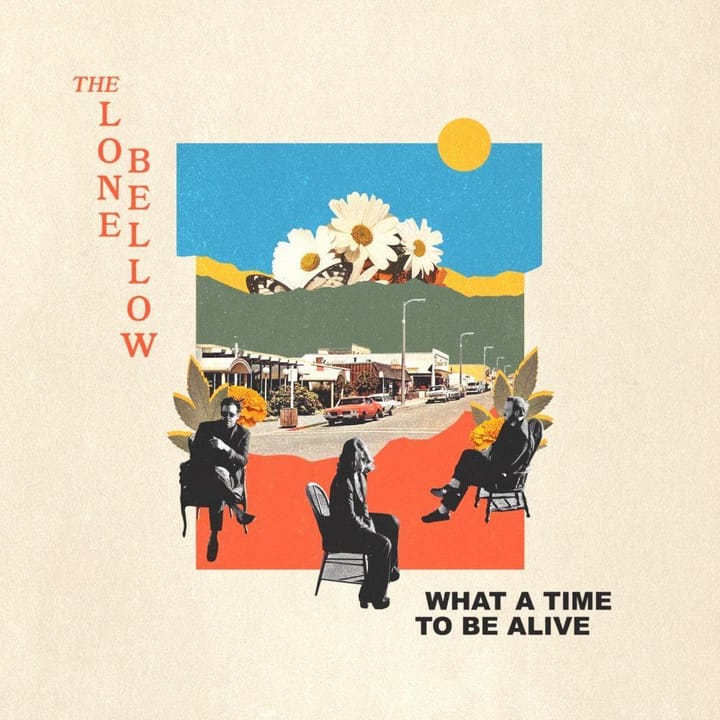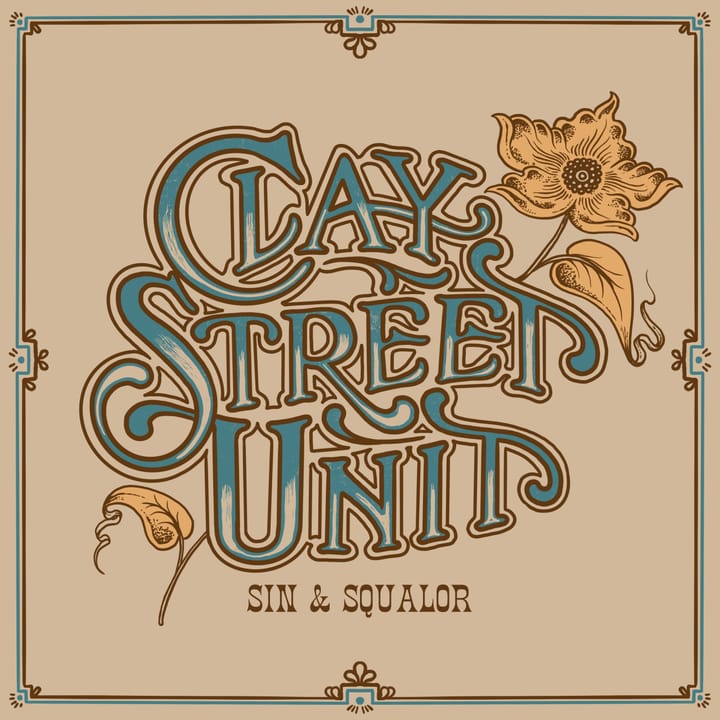By now we're all aware of the profound role played by Bear Family in the documentation of vintage country music, and of the first-rate nature of their compilations when measured by recording quality, comprehensiveness, and annotations. But this may be their most important box set yet. The Jimmie Rodgers, Hank Snow, and Carter Family sets, to give only a few examples, are superb, but material from these performers' careers has been available elsewhere. But where else can you find recordings by Leon Payne, Lattie Moore, the York Brothers, Jack Toombs, and Del Wood, to name only a few of the artists anthologized here?
Martin Hawkins, who is surely one of the finest researchers in the whole realm of American vernacular music, has assembled a splendid roster of musicians who recorded in Nashville for a variety of small labels in the years from 1945 to 1955. This box set permits us to hear seven CDs featuring 204 recordings made before the "Nashville Sound" came into existence, and styles that embody the rough vitality of country music when it was still close to its working-class roots. An eighth CD presents an informative interview with Jim Bulleit, the record producer who inaugurated the modern period of Nashville recording.
Ironically, two pop bandleaders, Owen Bradley and Francis Craig, both longtime fixtures of the Nashville music scene, contributed immeasurably to the shaping of the city's recording industry. Well before his emergence as a producer and leading architect of the Nashville Sound, Bradley used the name Brad Brady to experiment with the hillbilly idiom with his recording of "Zeb's Mountain Boogie", the first release in 1945 for Jim Bulleit's brand-new Bullet label. The label's commercial success was ensured in 1947 when Craig recorded his smash version of "Near You", a recording that held the #1 position on Billboard's pop charts for 17 weeks.
With Bullet leading the way, a wide array of Nashville-based labels, such as Tennessee, Republic, Mecca, Speed, Gold, Hickory, Excello, and Delta, poured out a steady stream of recordings that helped to define and popularize country music during those prosperous postwar years when the music was experiencing its first national expansion.
These recordings bring back great memories for me because this is the music I grew up with. Hearing Leon Payne sing "Lifetime To Regret", and the two songs that he pitched to Hank Williams, "Lost Highway" and "They'll Never Take Her Love From Me", is reason enough for me to value this collection.
The compilers may have been most concerned with the documentation of an important but neglected phase of the record business, but I'm impressed with the social and human history these performances represent. The recordings were made at a crucial juncture in country music history, when massive numbers of people, lured by war-generated prosperity and new job opportunities, began transplanting their rural ways to cities all over America. Consequently, we hear a body of music that carries both the rough edge and innocence of its rural origins, and the increasingly sophisticated trappings of the music business.
Beyond the nostalgic appeal of the material, this collection should be of value to anyone who hungers for music that, though often imperfect in performance, is nevertheless compelling because of its spontaneity, grittiness, and irreverence. It actually sounds like music made by plumbers, truck drivers, mill workers, oil-field roughnecks, coal miners, farm boys, and waitresses who were able to free themselves from work to make music, or who somehow managed to combine labor with a musical career. In short, this collection is chock full of performances that will bolster the morale of hard-country enthusiasts, and fuel the creativity of alt-country performers and others who hope to make music that is similarly "authentic."
And what treasures will you find by dipping into this collection? Well, in addition to Leon Payne's fine performances, you'll also hear several cuts by Leon Huff, a great western swing vocalist who is heard here as part of Johnnie Lee Wills' band. You'll also hear the earliest recordings made by Ray Price, Chet Atkins, Bobby Helms, and Pee Wee King; Minnie Pearl's signature song, "Jealous Hearted Me"; a song made by Gene Autry's longtime sidekick, Smiley Burnette; Johnnie Lee Wills' hit recording of "Rag Mop"; Del Wood's original recording of "Down Yonder" (a tune she played virtually every Saturday night on the Grand Ole Opry for 30 years); a couple of songs by Opry veteran Kirk McGee; great duet recordings by Rebe & Rabe, who followed the stylistic path paved by the Louvin Brothers; the York Brothers' "Hamtramck Mama"; a remake of Johnny Barfield's pioneering "Doin' The Boogie Woogie"; Lattie Moore's honky-tonk classic "Juke Joint Johnny"; Jimmy Simpson's rare chronicle of oil field life, "Oil Field Blues"; Al Terry's smooth version of "Good Deal, Lucille"; Rusty and Doug's Cajun rock stylings; and a host of other performances that remind us of the rich and varied fare that country music used to offer. In short, you'll hear life expressed through song, and samplings of virtually every style that prevailed in country music before the emergence of the Top 40 format.
It's easy to see why this project consumed 30 years of Martin Hawkins' life. Based on a multitude of interviews conducted in Nashville and elsewhere, as well as many hours of listening, he and song-annotator Colin Escott have compiled a catalogue of recordings and a splendid accompanying hardback book that competes more than favorably with any other project issued in the last 20 years or so.
It's not a perfect collection by any means. The songs featured here do not present a full sampling of the material that wound up on Nashville's independent labels. Boogie tunes and rowdy songs heavily outnumber sentimental "heart songs," and one finds virtually no religious material, even though the compilers correctly assert that "there was a vast market for this music in the mid-South during the period covered by this set." And in the case of the one religious song that is included, the Sunshine Boys' quartet version of "Danger Zone", an accompanying photo actually pictures a different Sunshine Boys band, the one that accompanied the Shelton Brothers of Texas.
Such omissions and mistakes, however, should not deter anyone from this wonderful collection. They should instead encourage Hawkins, Escott, and Bear Family to produce still another assemblage of neglected items.




Comments ()